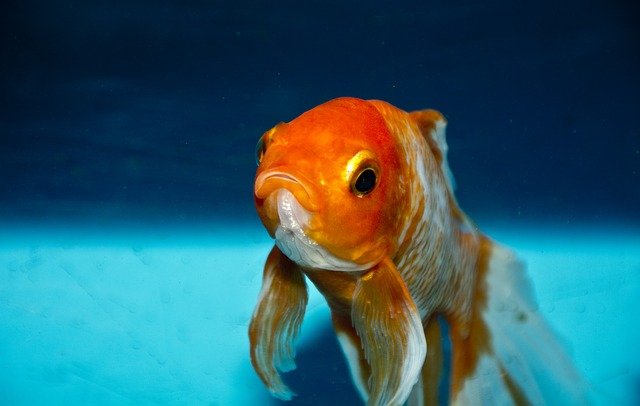
Let’s say you start reading this article. How long do you think it can hold your attention? According to recent research, the average adult attention span is a whopping six seconds. It used to be eight at one time, and even 12, but now, due to our insanely busy lives we can focus about six seconds before something distracts us. To make matters even worse, goldfish beat us out by three seconds. If the fish were reading this article, their attention span would last for nine seconds.
Apparently, we’re a very distracted breed, which perhaps wouldn’t be a bad thing if it didn’t impact every fiber of our lives, and wreak a fair amount of havoc. And while there may be many reasons we go into cognitive fog after six seconds, one of the big culprits is allegiance to our devices. As an example, the average person touches his/her smart phone 2617 times a day, with Millennials coming in at twice that number. We have become conditioned to think in milliseconds and squeeze as many things into our daily routines as possible.
Author Mark Comer reminds us, in his book The Ruthless Elimination of Hurry, that “busy and fragmented” has become a status symbol, and that more is not better. While author Jim Warner warns us that the world’s busyness epidemic is keeping us prisoners; we’re stuck.
His advice: get very clear on your priorities at this stage of your life, acknowledging that your priorities will likely change over time. Then, set and enforce your boundaries and build your accountability posse. Live your life intentionally.
It’s nice to be reminded of the importance of uncluttering our lives so we can actually live in the sweet spot, but quite another to actually make up our minds and do it. Of course, like everything else, we have choices. Here are three strategies that can help us become more intentional:
- Pay attention to what you want, not what you don’t want. Have you ever talked to a friend who tells you over and over what she’s worried about happening? What we focus on expands, and so the simple act of knowing specifically what we want—our true priorities in the moment—and then focusing on them rather than all extraneous things that usually get in the way, is a much smarter option. Do you want to be excited, energized, happy, challenged? Emotion is the catalyst that actually helps us achieve what we want and enables us to become unstoppable.
- Listen to what you are saying to yourself and where your mind is heading, especially the second it starts to spiral out of control. Anything that isn’t the norm can feel alien, uncomfortable and perhaps even wrong. But when we allow ourselves to change assumptions it can help us get unstuck and heading in the right direction; we need to pay attention to what we’re telling ourselves. Root out habitual thinking that isn’t allowing new, more productive thoughts. I recently ordered a book a friend had recommended, and soon after starting it I realized it had views that were very different from my own. I immediately wanted to quit reading but a small nagging thought reminded me I might learn from someone with a very different perspective. Getting outside of our beliefs/biases can help us see more clearly. John Galbraith, a Canadian-American economist, diplomat, public official and intellectual once said that, given a choice between changing and proving that it is not necessary, most people get busy with the proof.
- Be willing to continually set boundaries and say no. Perhaps we can have everything, but not all at once. It’s also important to figure out why no is such a difficult word to say to people, what’s beneath our resistance. And what are our most important goals? What really matters to us right now? It’s necessary to get ruthlessly clear on our priorities.
It’s a bit disconcerting to realize we humans aren’t even as attentive as fish, however we’re much smarter and have the wonderful ability to reassess, reevaluate and create new goals and priorities based on our values and purpose. Unlike fish we can monitor our progress, adjust and change as we go along, and delight in our small SOS’s, our series of small successes!


